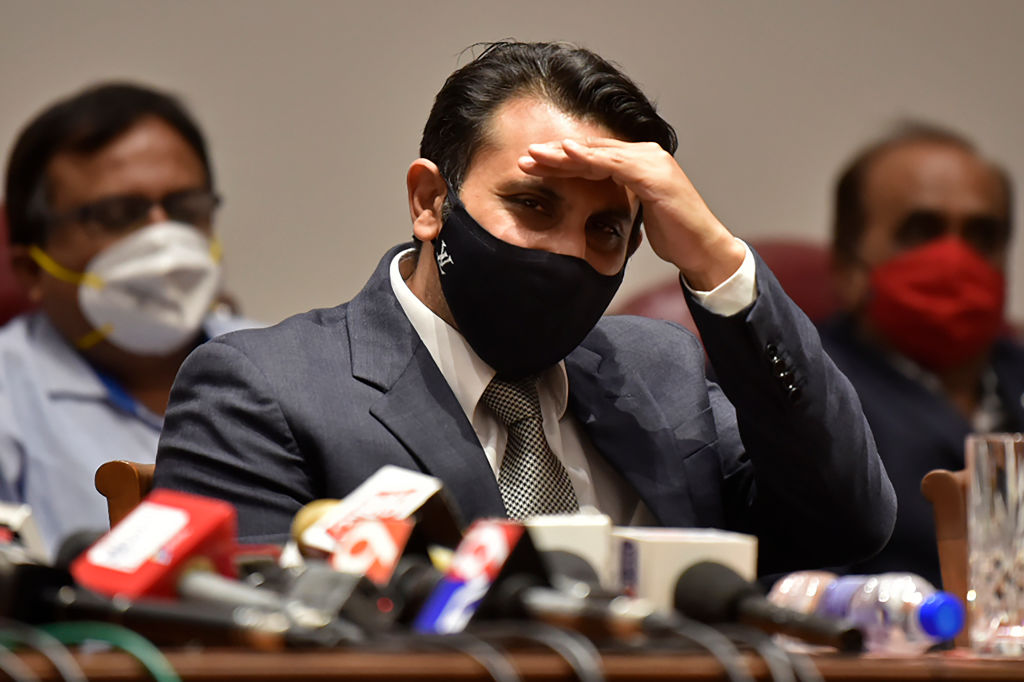- Tuesday, February 25, 2025

By: Shubham Ghosh
INDIAN prime minister Narendra Modi, chief minister of the eastern Indian state of West Bengal Mamata Banerjee and the chief executive of the Serum Institute of India (SII) Adar Poonawalla have found themselves in the Time magazine’s 100 most influential people of 2021, as per the list released by the magazine on Wednesday (15).
Among global leaders, US president Joe Biden, US vice president Kamala Harris, Chinese president Xi Jinping, Italian prime minister Mario Draghi, Israel’s Naftali Bennett and Iranian president Ebrahim Raisi were also listed among the 100 most influential people this year.
Former American president Donald Trump and Afghanistan’s acting first deputy prime minister Abdul Ghani Baradar were also among those listed.

Modi, who has found his name in the list a few times in the earlier years, was called one of the pivotal leaders of India by the magazine. Fareed Zakaria of US news channel CNN wrote in the American magazine, “Despite mishandling COVID-19—the death toll has been estimated to be much higher than the official count—his approval rating has slipped to a still sky-high 71%.”
Banerjee, who won her third successive assembly election in Bengal earlier this year, was also among the listed. Though Banerjee herself lost, she steered her party amid a fierce contest to defeat Modi’s Bharatiya Janata Party and has emerged as a frontrunner of the anti-Modi opposition in the run-up to the next general elections in 2024.
SII chief executive officer Poonawalla was among the 15 people who the magazine referred to as “Pioneers” inside the influential 100 list.
“Vaccine inequality is stark, and delayed immunization in one part of the world can have global consequences—including the risk of more dangerous variants emerging,” the Time said while briefing on how Poonawalla could help the world in its fight against the Covid-19 pandemic.
Baradar, on the other hand, was called “a charismatic military leader and a deeply pious figure,” by the magazine. Further, the magazine also said “Now he stands as the fulcrum for the future of Afghanistan” and “represents a more moderate current within the Taliban.”
Baradar has remained missing from public view and speculation is rife that disagreements have taken place between him and an influential member of the Haqqani network and he has reportedly left for the Afghan city of Kandahar from the capital Kabul. There are also reports that he might have died.